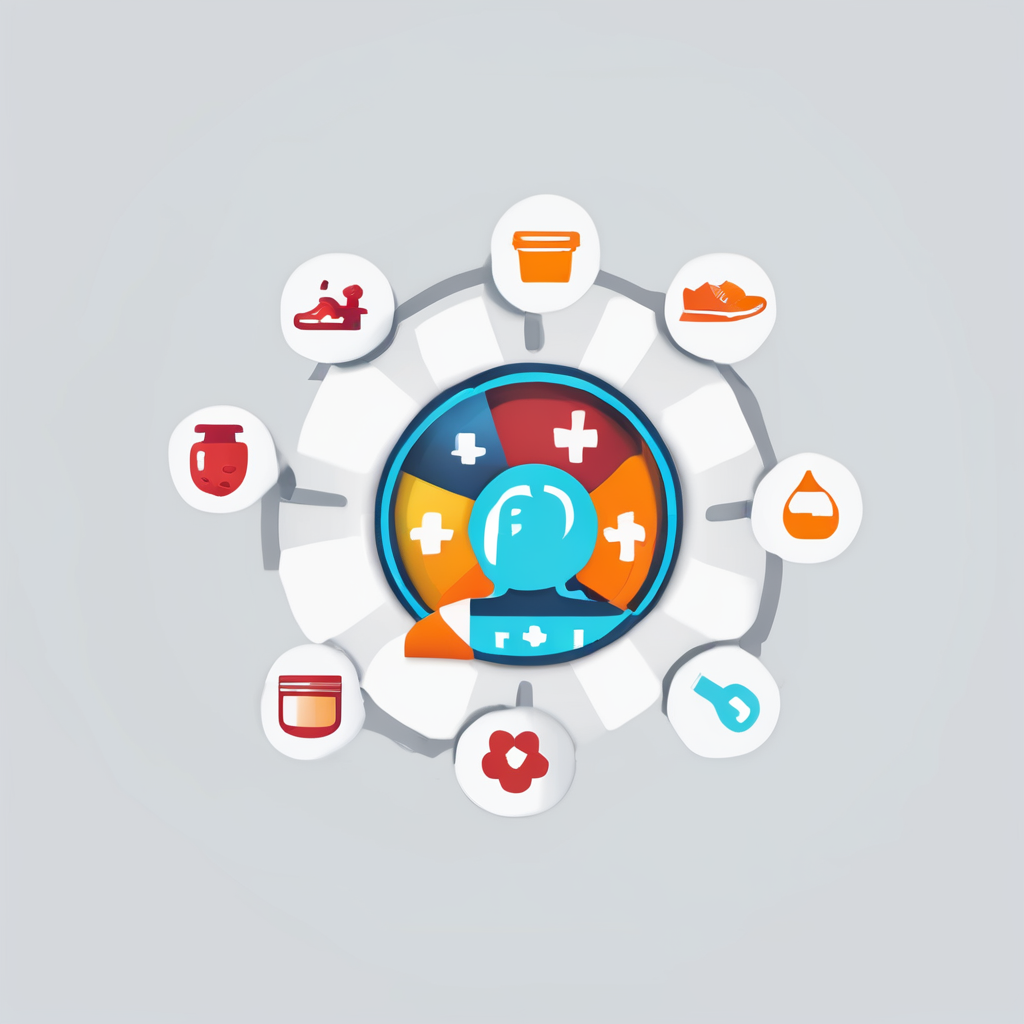Welcoming a baby into your lives marks the start of an incredible journey filled with excitement and anticipation. For first-time parents, navigating the myriad of emotions, decisions, and preparations can be overwhelming. As you embark on this life-changing path, arming yourselves with reliable information becomes crucial. But where should you begin? With a sea of resources available, discerning the best from the rest can be daunting. This article serves as a comprehensive guide to the most credible sources of information you need as you prepare for pregnancy.
1. Online Medical Platforms: Your Digital Guide
In today’s digital age, the internet provides a wealth of information at your fingertips. However, not all sources are created equal. For first-time parents, turning to trusted medical websites can offer clarity and reassurance.
This might interest you : How does maternal obesity influence pregnancy outcomes and baby health?
What to Look For in a Reliable Medical Platform
- Credibility: Ensure that the platform is backed by health institutions or renowned medical professionals.
- Up-to-date: The medical field evolves rapidly, so prioritize sources that are regularly updated to reflect current standards and practices.
- Comprehensive: Look for platforms with extensive resources covering all stages from pregnancy to birth.
Recommended Online Resources
- Mayo Clinic: A reputable site offering extensive information on pregnancy stages, common concerns, and care guidelines.
- WebMD: Known for its user-friendly layout, it provides both expert advice and community forums.
- NHS UK: Offers evidence-based articles and reviews on various pregnancy topics.
These platforms are a treasure trove of information, perfect for those late-night queries and concerns that arise as you inch closer to welcoming your child.
2. Books: The Timeless Treasure of Knowledge
While digital sources are convenient, the traditional medium of books remains invaluable. Books offer a structured and in-depth exploration of topics, making them indispensable for first-time parents.
Also read : Exploring Cutting-Edge UK Studies: How Digital Media Affects Prenatal Development
Choosing the Right Books
- Author Credentials: Opt for books written by medical professionals or seasoned parents who can offer insights based on experience.
- Range of Topics: Select books that cover various aspects, from pregnancy health to child development and care.
- Reader Reviews: Peruse reviews to gauge the book’s reliability and reader satisfaction.
Must-Read Books for Expecting Parents
- “What to Expect When You’re Expecting” by Heidi Murkoff: A comprehensive guidebook that covers every trimester in detail.
- “The Baby Book” by William Sears and Martha Sears: Delves into the nuances of the first year post-birth.
- “Ina May’s Guide to Childbirth” by Ina May Gaskin: Focuses on natural birth methods and empowering stories from women.
Books create a sanctuary of information—a comforting provider of knowledge you can turn to throughout your pregnancy journey.
3. Healthcare Professionals: Your Personal Experts
Connecting with healthcare professionals offers personalized guidance tailored to your unique needs. These experts provide insights that are not only credible but also specifically relevant to your situation.
Building a Relationship with Your Healthcare Provider
- Open Communication: Don’t hesitate to ask questions, no matter how trivial they may seem.
- Regular Check-ups: Establish a schedule for prenatal visits to monitor health and development.
- Specialist Consultations: If necessary, consult specialists to address specific concerns or conditions.
The Role of Various Healthcare Professionals
- Obstetricians & Gynecologists (OB/GYNs): Primary care providers for pregnant women, offering essential medical monitoring.
- Midwives: Often provide a holistic approach to pregnancy and birth, fostering natural birthing methods.
- Lactation Consultants: Essential for post-birth support, especially for breastfeeding challenges.
By building trust with your healthcare team, you gain access to tailored information and guidance, ensuring both mother and baby receive the best possible care.
4. Community Support: Learn and Grow Together
Connecting with other expectant parents can provide emotional support and practical advice from those who are sharing similar experiences. Communities offer a sense of belonging and reassurance that you’re not alone in your journey.
Finding Your Parenting Community
- Online Forums: Websites like BabyCenter and The Bump host forums where you can ask questions and share experiences.
- Local Parenting Groups: Many localities offer in-person groups, often organized through hospitals or community centers.
- Social Media Groups: Platforms like Facebook have groups dedicated to specific aspects of pregnancy and parenting.
Benefits of Community Engagement
- Shared Experiences: Hearing stories from others can provide comfort and perspective.
- Exchange of Ideas: Learn about diverse parenting styles and approaches.
- Emotional Support: Having a network to lean on during challenging times can alleviate stress.
By fostering connections with fellow parents, you build a support system that stands by you in both joys and challenges, offering practical help and shared wisdom.
Preparing for the arrival of your first child is a profound experience, demanding both emotional readiness and information. By accessing reliable sources—whether through trusted online platforms, timeless books, healthcare professionals, or supportive communities—you empower yourselves with the knowledge to make informed decisions.
As you journey through pregnancy, prioritize sources that complement each other, offering a holistic view of what lies ahead. Armed with these resources, you step confidently into the world of parenthood, ready to nurture, cherish, and grow alongside your baby.











